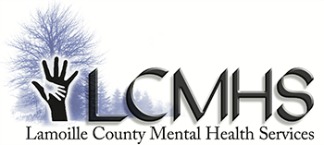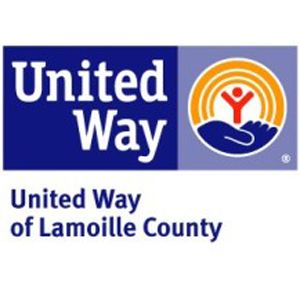By Dillon Burns, Vermont Care Partners
When a teenager from Fairhaven, Vermont, was arraigned for planning a school shooting a month ago -- following closely on the heels of the tragic school shooting in Parkland, Florida -- Vermont’s communities started having a more serious conversation than ever before about gun violence prevention. Echoing the national dialogue, many have voiced a need to keep guns out of the hands of people diagnosed with mental illness. Our network of community mental health centers, known as Vermont Care Partners, believe that misperceptions about mental illness compound stigma and discrimination and need to be corrected. As communities, we need to do less marginalizing and more connecting.
First, it is not individuals with mental health diagnoses who are committing the vast majority of violent crimes. Only 1% of all gun-related homicides involve shootings by people with serious mental illness. There are no specific mental health diagnoses that are aligned with increased risk of violence, and there are no psychiatric assessment tools available that can accurately predict violence.
What are the risk factors for violence? Research points to stressors such as poverty, drug and alcohol abuse, past violent victimization, isolation, and living in disadvantaged communities. Risk factors can start as young as early childhood, influenced by poor attachment with a primary caregiver or exposure to trauma such as physical, emotional, or sexual abuse. Sociologist Katherine Newman studied school shootings and found that they often happened in smaller communities, where everybody knows everybody and the shooter perceives him or herself as marginal.
So while no one can predict whether someone is going to be violent, Vermont Care Partners’ agencies are hard at work every day to reduce those risk factors. For the most vulnerable Vermonters, we focus on addressing the psychosocial stressors in people’s lives by finding employment, stabilizing housing, treating addiction, and finding purpose and joy in relationships. We work with young children and their parents to promote mental health later in life through healthy attunement and attachment. Working closely with partners in education, we provide counseling and behavioral supports to struggling students in over 50% of Vermont schools. We operate 14 therapeutic schools to help vulnerable youth feel less alienated and build life skills. We train communities in Mental Health First Aid, including 2,000 Youth Mental Health First Aiders in the last two years. It is our philosophy and practice that individuals thrive when they are safe, connected, and contributing.
It is crucial that we all recognize our role in promoting mental health by understanding the power of community. When Vermont Care Partners’ agencies quantified the most frequently identified needs of the children and youth we see, the greatest needs were not “behavior problems” or “anxiety” but rather “community connections” and “resilience.” Are you noticing when a child in your neighborhood has stopped playing the after-school sports she used to play? Are you inviting a youth to help out in a community work day? Are you contributing to funds and activities that will help children/youth who can’t afford music lessons or summer camp? Are you volunteering your time as a mentor? These are all ways that community members can do something to respond to the risk and to prevent the horror of another school shooting. As communities, we all have the opportunity and the responsibility to do less marginalizing, and more connecting.




